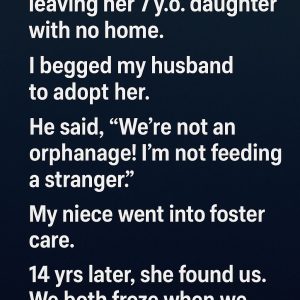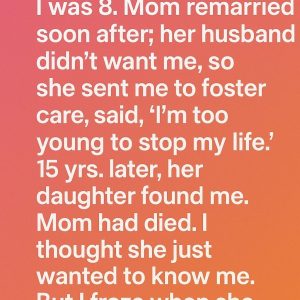At 90 years old, a retired grocery magnate reflects on his life, wealth, and legacy. Once known as the “Bread King of the South,” he built a grocery empire from a single post-war corner store. Despite his success, he’s haunted by loneliness after losing his wife and having no children. He decides it’s time to find someone worthy to inherit what he’s built—someone who treats people with decency, not just status.
To find that person, he disguises himself as a homeless man and visits one of his own stores. Most employees treat him poorly, including a manager he once promoted. But a junior staff member named Lewis quietly shows him compassion, offering food and warmth without judgment. Moved by Lewis’s kindness, the man rewrites his will, giving everything to him.
Later, he returns to the store in full business attire, revealing his identity. Lewis treats him no differently, passing what the man calls “the last test.” However, a mysterious letter warns him not to trust Lewis, pointing to a past crime. Investigating further, he learns Lewis served time for grand theft auto at 19. When confronted, Lewis doesn’t deny it—he explains how prison changed him and shaped his compassion.
As news of the will spreads, estranged relatives emerge with anger and entitlement. One even threatens to ruin Lewis. Realizing his wealth has become a battleground, the man tells Lewis everything. Lewis declines the inheritance, fearing it would make him a target, and instead proposes something better: use the fortune to help others.
Inspired, the man creates the Hutchins Foundation for Human Dignity, funding food banks, scholarships, and shelters. Lewis is named director. In his final years, the man finds peace, knowing his legacy will be rooted in compassion. Lewis’s final words echo: “It’s about who you are.”





